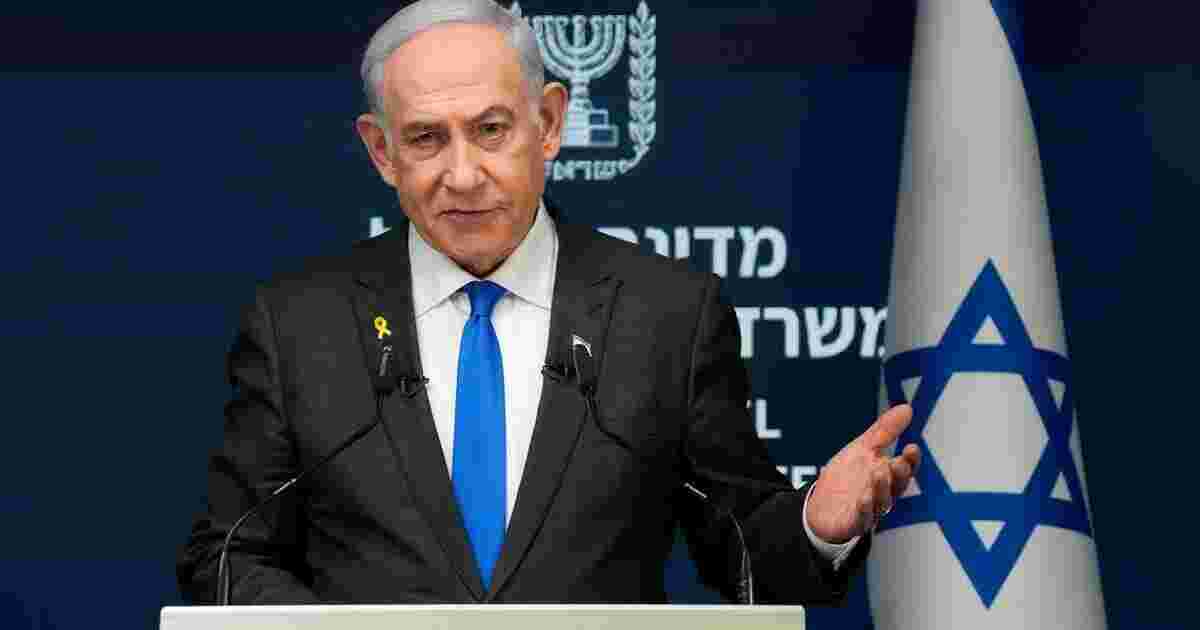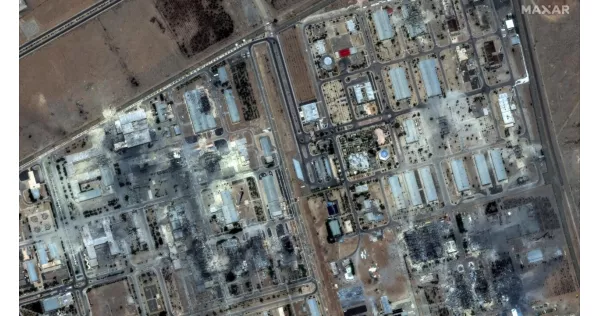Houthi Missile Strike Raises Concerns in Israel
A missile fired by the Houthi rebels in Yemen has reached central Israel for the first time, prompting concern and threats of retaliation from the Israeli government.
Israeli Prime Minister Benjamin Netanyahu condemned the attack, vowing that the Houthis "will pay a heavy price." The missile hit an unpopulated area, causing damage but no injuries.
According to the Israeli Defense Forces, the strike was launched using a new type of hypersonic missile, which may have evaded detection by Israeli air defenses. The Houthis claimed the attack was carried out in solidarity with Palestinians and warned of further strikes in the future.
This incident marks a significant escalation in the conflict between Israel and the Houthi rebels, who operate under the leadership of Iran 's "axis of resistance." In the past, Israeli retaliatory strikes against Houthi targets in Yemen have followed similar attacks.
Amidst the tensions, the United Nations Security Council has expressed concern and called for de-escalation. The incident also coincides with intensifying military cooperation between Iran and Russia, adding to the geopolitical complexities in the region.
Meanwhile, the ongoing migrant crisis in the English Channel has claimed the lives of over 40 individuals this year. Venezuelan authorities have accused foreign nationals of attempting to destabilize the country.
Climate scientists have attributed the recent heatwave in Mediterranean regions to historical fossil fuel emissions, highlighting the urgent need to address global warming.
Netanyahu vows ‘heavy price’ for Houthis after missile hits central Israel
The strike was the first time a missile fired by the Houthi rebels had reached that far into the country.

Related Posts

Iran claims its nuclear sites were "badly damaged" by recent U.S. and Israeli strikes, despite conflicting intelligence assessments regarding the extent of the damage and the impact on its nuclear program.

What we know about the suspected Iranian cyber intrusion into Trump’s campaign

